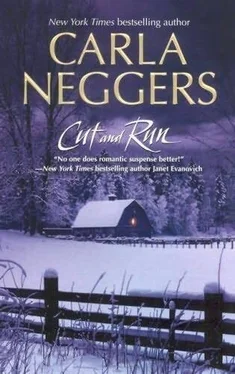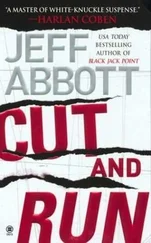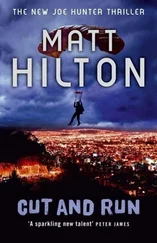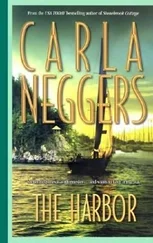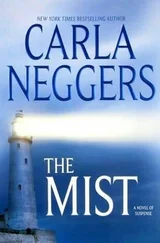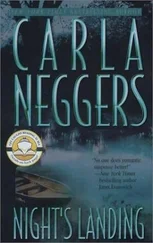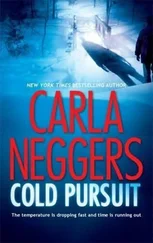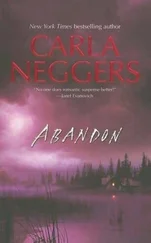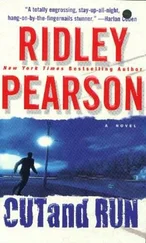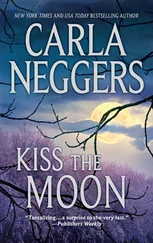He pulled himself up short, got a refill, and headed back downstairs.
His telephone was ringing. He picked it up. “What?”
“Oh. You are there.”
He recognized the liquid voice instantly and dropped into his chair. “Shall I call you Juliana or J.J.?”
“Usually I’m called Miss Fall-or Ms. Fall.”
“Still mad, huh?”
“That’s irrelevant. Why didn’t you tell me Rachel Stein was dead?”
“Because you would have said, ‘Rachel who?’ I described her to you, if you’ll recall, and you said you didn’t know her. I didn’t think there was any point in telling you she was dead.”
“You were trying to trap me,” Juliana said. “Besides, you didn’t believe me anyway.”
“No, I didn’t.”
“I might have told you more if you’d been honest with me.”
He felt himself grinning. “And I might have told you more if you’d been honest with me. Want to talk now?”
“There’s nothing to say.”
“Then why did you call?”
“I only met Rachel Stein once, but I-well, I want to know more about this story you’re half working on.”
“Why?”
He heard her take a breath, controlling herself; he irritated the hell out of her. “Curiosity, I guess,” she said stiffly.
“More interesting than painting your hair purple and dressing up in nutty clothes to play jazz? You’re bored, Juliana Fall, and I’ve got better things to do than to unbore you.” Then again…he thought, but left it at that.
“Do you know why Rachel Stein was with Senator Ryder on Saturday?” she asked, her voice cool now, distant and very calculating.
“No, do you?”
“Of course not. You and Senator Ryder know each other, don’t you? Why were you at the concert?”
“I like music,” Stark said. The woman was holding back on him, which was one thing. But holding back and expecting him to talk was another, and it pissed him off. “Let me ask you something, Ms. Fall. Are you any relation to a diamond cutter by the name of Johannes Peperkamp?”
Not a sound came out of her. Matthew leaned back, listening. Finally she said, even more cool, even more distant and calculating, “Why do you ask?”
“Curiosity, I guess,” he said, mimicking her.
He’d pushed her too far. She called him a bastard and hung up. He’d memorized her phone number when he went to her apartment, and he reached for the phone to call her back. But he stopped himself. What the hell was he doing? Juliana Fall had no business getting mixed up in anything that involved Otis Raymond and Sam Ryder. She was a pianist, for God’s sake. Let her get her kicks out of keeping Shuji from finding out about J.J. Pepper and Len Wetherall from finding out about Juliana Fall.
He put on his coat and went home.
Wilhelmina Peperkamp scrubbed a batch of clay pots in her tiny kitchen, oblivious to the bright morning winter sun screaming through her window. Her apartment was on the first floor of a restored seventeenth-century building in Delftshaven, where she had lived for the last forty years. Literally Delft’s harbor, it was the quietest, most picturesque section of Rotterdam and virtually the only one that had escaped the 1940 German bombings. The rebuilt Rotterdam was pleasant enough-likeable, efficient, and convenient. But it was the cobblestone streets and centuries-old buildings of Delftshaven Wilhelmina had grown to love.
She was elbow-deep in water and had just begun to have some success with the stubborn mildew on one of her pots when her telephone began ringing. She considered not answering, but she received so few calls she changed her mind. Grumbling to herself, she put down her stiff wire brush and wiped her hands on her apron as she picked up the phone. “Yes?”
“Willie…”
She recognized the soft, unhappy voice at once. “Catharina, what’s wrong?”
“I’m sorry, Willie, I don’t mean to sound so upset-”
“Never mind,” Wilhelmina responded abruptly. She had spoken in Dutch, Catharina in English, automatically, as if it never occurred to her to speak in her native language. Ordinarily Wilhelmina would have remarked on her sister’s thorough Americanization. This time she didn’t. Catharina rarely called, least of all when something was bothering her, and Wilhelmina opted to speak in her own excellent English. “What is it, Catharina?”
“It’s Rachel-Rachel Stein. She’s dead, Willie. It was in the papers here.”
Rachel. Even after all these years, Wilhelmina thought, I can still see her lively, tiny face and the expressive eyes that had had no effect whatever on an officer of the Green Police. They were bastards, all of them. Nazis, Dutch Nazis. So filled with hate. That one had kicked Rachel like a dog and dragged her away-and Wilhelmina, too. But that was of no consequence; she’d failed to protect Rachel, and the Nazis had taken her away.
Now she was dead.
Wilhelmina reached for a cotton towel and dried her dripping forearms, cradling the phone between her shoulder and chin. She looked down at her hands, red and rough with work and age. They had never been pretty hands; she had never been a pretty woman. But her plainness hadn’t bothered her; she had other qualities.
“Willie?”
“I’m here.”
Her eyes remained tearless. She hadn’t cried in many, many years, although she had lost many friends. It was the worst part of growing old. Slowly, she sat at her small table where already a half-dozen of her clay pots were lined up, scrubbed and empty.
“I’m sorry to have told you so abruptly,” Catharina said. “I know it’s shocking.”
“How did she die?”
“She fell on the ice-an accident, they say.”
Wilhelmina was instantly alert. “You have doubts?”
“I don’t know. I-I don’t know what to think.”
“Tell me everything, Catharina.”
Haltingly, Catharina related the events since Rachel’s appearance at the bakeshop for tea, requesting corroboration of her story to Senator Ryder. Although she was alone, Wilhelmina refrained from showing any visible reaction to what she was hearing. Not since the winter of 1944- Hongerwinter, the Winter of Hunger-had she and Catharina discussed Hendrik de Geer or even spoken his name. There was no need. He was a man neither would ever forget. Wilhelmina had tried.
“I’m probably overreacting,” Catharina said. “But I don’t know. It’s late here; I haven’t been able to sleep. Juliana came by the shop earlier, and she’s asking so many questions. She-she’s asked me about Hendrik. I wouldn’t talk to her, I…Willie, how can I tell her? This doesn’t concern her! It can’t touch her-I won’t let it!”
“You’ve never told her about Amsterdam?” Wilhelmina tried to keep the condemnation out of her tone, but it was there; she could hear it herself. And of course Catharina would be listening for it.
“No, I did not. Don’t interfere, Willie. What I do or don’t tell my daughter is between us.”
“You were the one who called me,” Wilhelmina pointed out, her sister’s agitation all that kept her tone mild.
“I know! I thought…I don’t know now what I thought, just that you have a right to know about Rachel, I suppose. Maybe I thought you could help.” Catharina paused and gave a small, bitter laugh. “I always do, don’t I? Nothing’s changed. Oh, Willie, I’m not blaming you. God knows I haven’t changed, either. When something goes wrong, who do I call? My big sister. I want you to be strong, Willie, I expect it, just as you expect me always to crumple and do as you say.”
“It’s all right,” Wilhelmina said, feeling tired. Catharina had Adrian, Juliana her piano, Johannes his diamonds. What did she have? Her pots of flowers. Well, she wouldn’t feel sorry for herself. Her flowers were enough.
Читать дальше
Конец ознакомительного отрывка
Купить книгу
